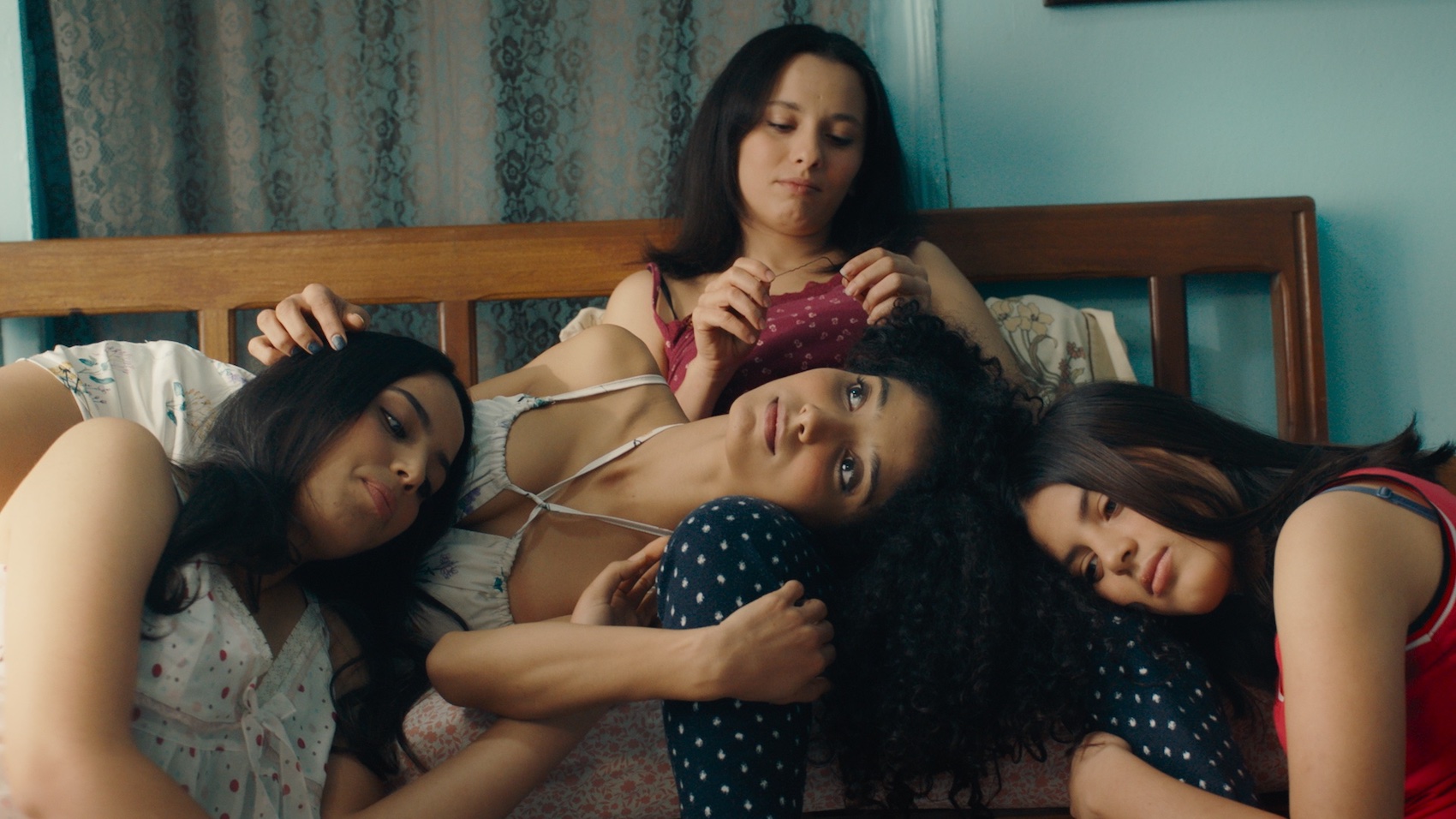After an absence of several years from the official competition, Kaouther Ben Hania brought Tunisian cinema back to Cannes. The return was a success as her documentary won the prestigious L’œil d'or award.
Four Daughters (Les Filles d'Olfa) follows Olfa, a Tunisian woman and the mother of four daughters. One day, her two older daughters disappear. To fill in their absence, the filmmaker Ben Hania invited professional actresses and invents a unique cinema experience that will lift the veil on Olfa and her daughters’ life stories. An intimate journey of hope, rebellion, violence, transmission and sisterhood that will question the very foundations of our societies
AM: After a long pause, how does it feel to be representing Tunisian cinema in the official competition at Cannes?
KBH: Happy and proud. Though my main responsibility was to create the film but not the outcome nor awards that come afterwards. When I finish a film, I complete the project and starting working on the next one.
AM: How would you describe the storyline of Four Daughters?
KBH: It’s about the relationship we have with our mothers and fathers, and though we mention ISIS, for me it’s just a means to establish tragedy.
AM: Tell us more about your relationship with Olfa…
KBH: At first, she thought I was a journalist as people were judging her and attacking her on social media. I told her that I just wanted to understand her story and that of her daughters. She felt that I was someone interested in listening to her, and those things that I understood, were shared with the audience
AM: And why Hend Sabry?
KBH: I’ve been wanting to work with Hend for several years now. And Olfa actually suggested her in a way, as Hend has acted in a similar Tunisian film. She was the right person for the role.
AM: And how was the filming process like?
KBH: Overall, the documentary feels like a making-off with a lot of spontaneous moments that feed into the story. The most important was the relationship we shared together, and I tried my best to eliminate any complications or hierarchy. Our team was extremely small and multitasking. It was a safe space and I chose only women for the crew. We did a list of what behaviors weren’t accepted and it established a sorority and allowed me to capture sensitive topics.
AM: You mentioned that you dislike stereotypes about Tunisian women…
KBH: There is no one Tunisian woman, though everyone wants to put her is a specific cast, but she is multi-faceted. She is individual and complex.


